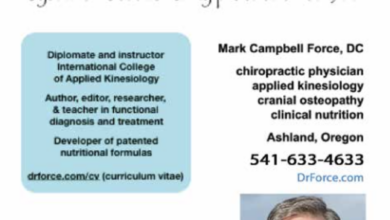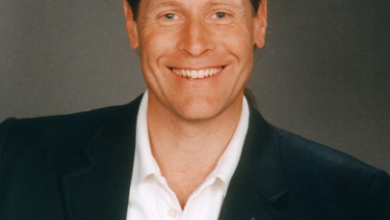The Triad of Health
“When educated and innate intelligences are able to converse with each other…(a possibility, which a not very distant future may disclose) we shall be able to make the correct diagnosis.”
~D.D. Palmer (the father of chiropractic predicting the development of Applied Kinesiology), 1914
Muscle testing is often mistakenly referred to as Applied Kinesiology. Applied Kinesiology is a specific, neurologically-based muscle testing that is only a useful clinical tool when used in concert with a full history, a physical exam, lab studies, and any other appropriate testing. What AK allows a trained professional to do is help make sense of all of the gathered data to allow for individualized, specific treatment and care for the patient. It is like binary code for the body! The practitioner is asking the body yes/no questions based on different input to the nervous system to see what exactly the patient’s body wants. It is truly amazing.
For example, let’s say a patient had some sort of infection and they are feeling all better except that their lungs still feel sore and not fully healed or they have an annoying, lingering cough. After performing a lung exam, symptom survey, any other testing the doctor feels necessary, we get into an AK analysis to contextualize the findings and test the person’s nervous system. The serratus anterior muscle is a lung-associated muscle. Let’s say it tests inhibited (weak) on both sides. The next step is to assess what will help facilitate (strengthen) the muscle – is it a lower cervical subluxation or fixation, meridian point, a cranial fault, Bennett or Chapman reflex, reactive muscle pattern, clinical nutrition needed, emotional balancing, etc?
In Applied Kinesiology we approach health from the perspective of the triad of health (structural, biochemical, emotional/spiritual) all of which need to be in balance to truly have a robust, healthy, thriving life. The key to helping a patient in their health journey is to know their why (to get on the floor with the grandkids, to hike the PCT, to not have to use daily pain medication, to be able to garden without knee pain, to not have to wear long sleeves to cover up a skin condition, etc.) and then address imbalances in the triad of health.
Structural: This is our physical body, our muscles, bones, joints, ligaments, fascia and so on. The modalities that assist balance here are chiropractic, craniosacral, massage, stretching, muscle balancing and coordination, specific exercises, and more.
Biochemical: This is our organs, hormones, adrenals, gut health etc. Here we are assessing labs and other studies. Support comes from individualized clinical nutrition, dietary recommendations, specific selfcare routines, and chiropractic.
Emotional/Spiritual: This is a piece of our health puzzle so frequently overlooked in the current medical model. We assess the need to treat with Neuro-Emotional Technique and check for psychological reversal in addition to making recommendations for areas of a patient’s life that need some focus or cleaning up. Also, chiropractic (have you ever had an emotional release from an adjustment? It happens all the time).
This is a very basic overview of the triad of health that is the foundation of Applied Kinesiology. For more information about the triad of health, please feel welcome to reach out to us.


